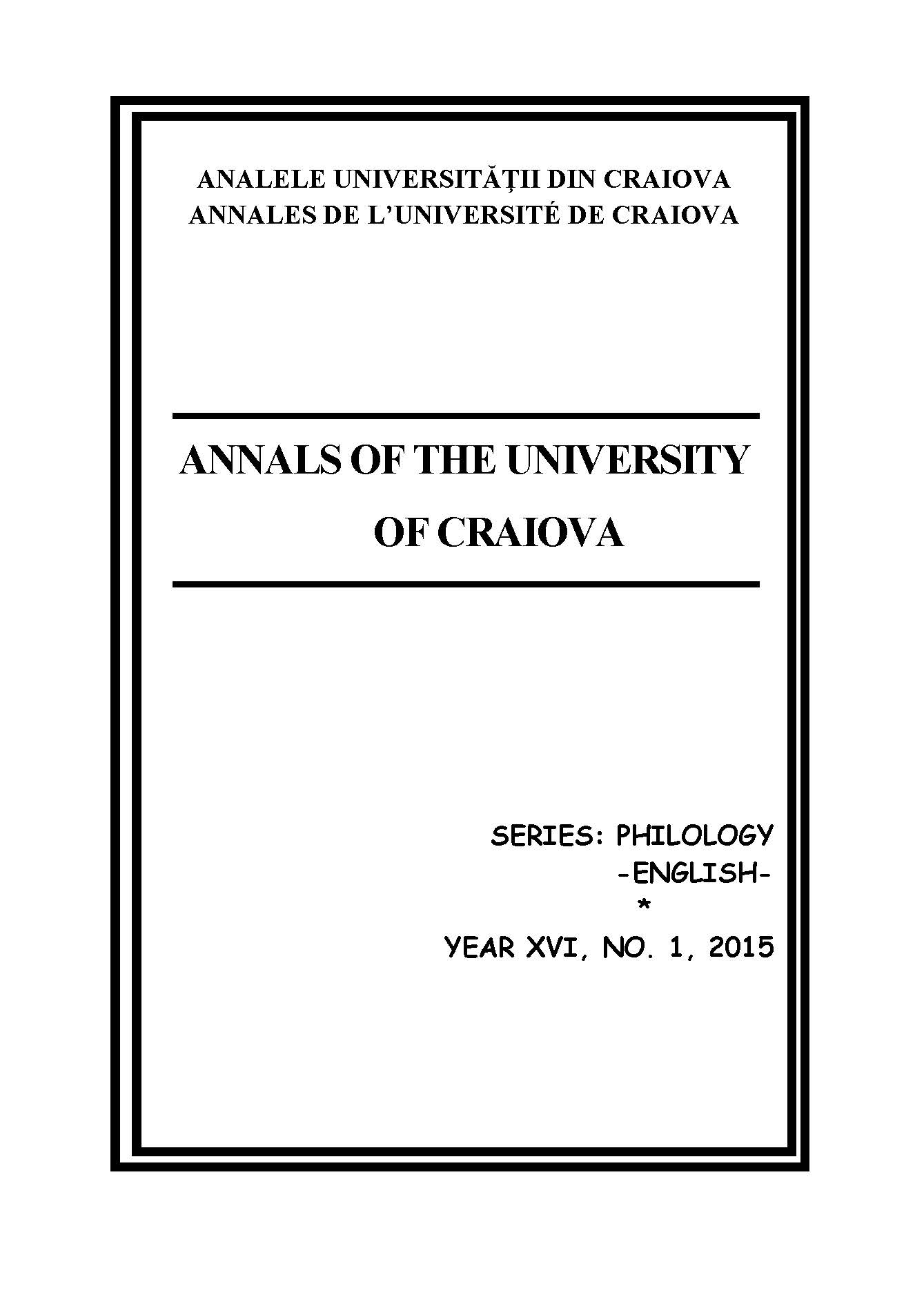Errors and Error-Making in E. Albee’s Who’s Afraid of Virginia Woolf?
Errors and Error-Making in E. Albee’s Who’s Afraid of Virginia Woolf?
Author(s): Claudia PisoschiSubject(s): Language and Literature Studies
Published by: Editura Universitaria Craiova
Keywords: linguistic error; evolutive referent; figure; ground; context.
Summary/Abstract: The paper is a pragmatic analysis of the various types of linguistic errors and mistakes characterizing the communicative behavior of the characters in E. Albee’s Who’s afraid of Virginia Woolf? In terms of cognitive poetics frame, each character gains prominence at one point or another, and it is precisely his/her errors and mistakes that will turn them into figures and, at the same time, instantiate the process of defamiliarization with them as prototypes. The situational context (psychological context included) represents the ground, acting both as a ‘facilitator’ of such errors, and as a trigger of their sanctioning. A linguistic error often leads to an error of judgment which causes an error of action. The characters of the play, as evolutive referents, illustrate this causal relationship.
Journal: Annals of the University of Craiova, Series: Philology, English
- Issue Year: 1/2015
- Issue No: XVI
- Page Range: 146-158
- Page Count: 13
- Language: English

